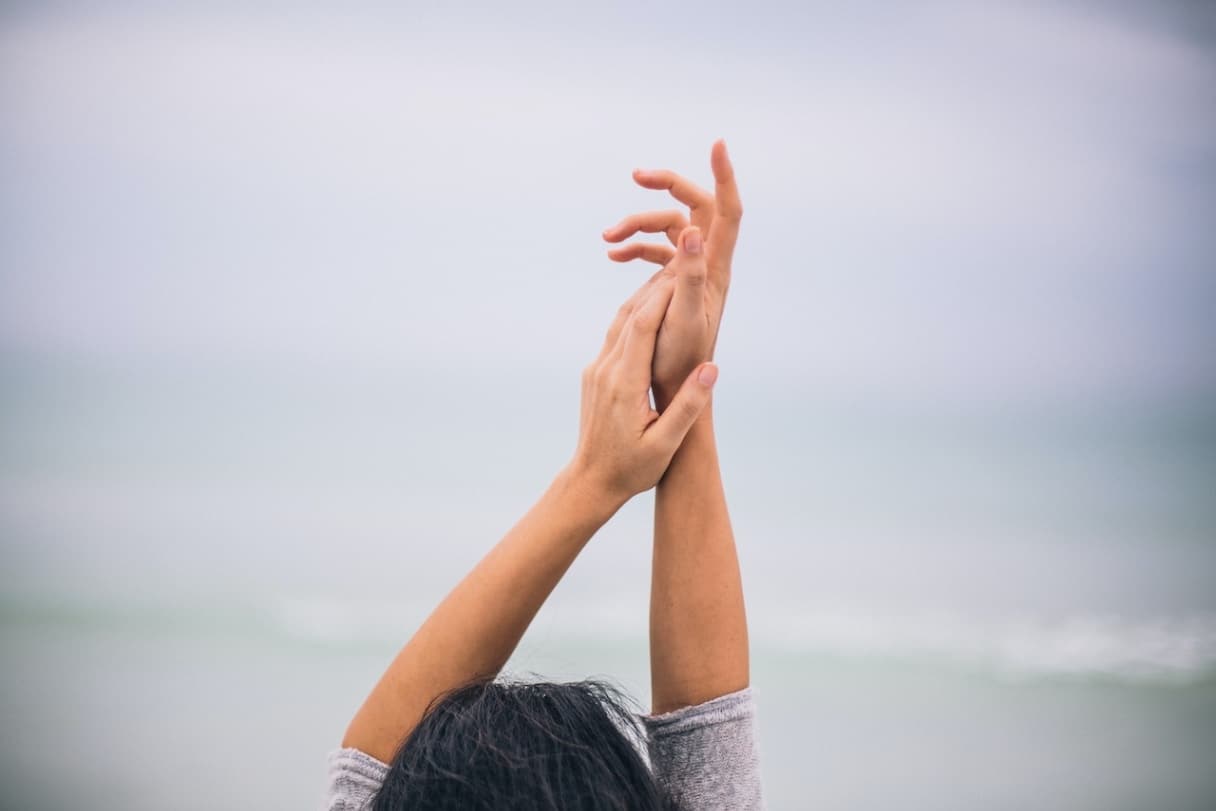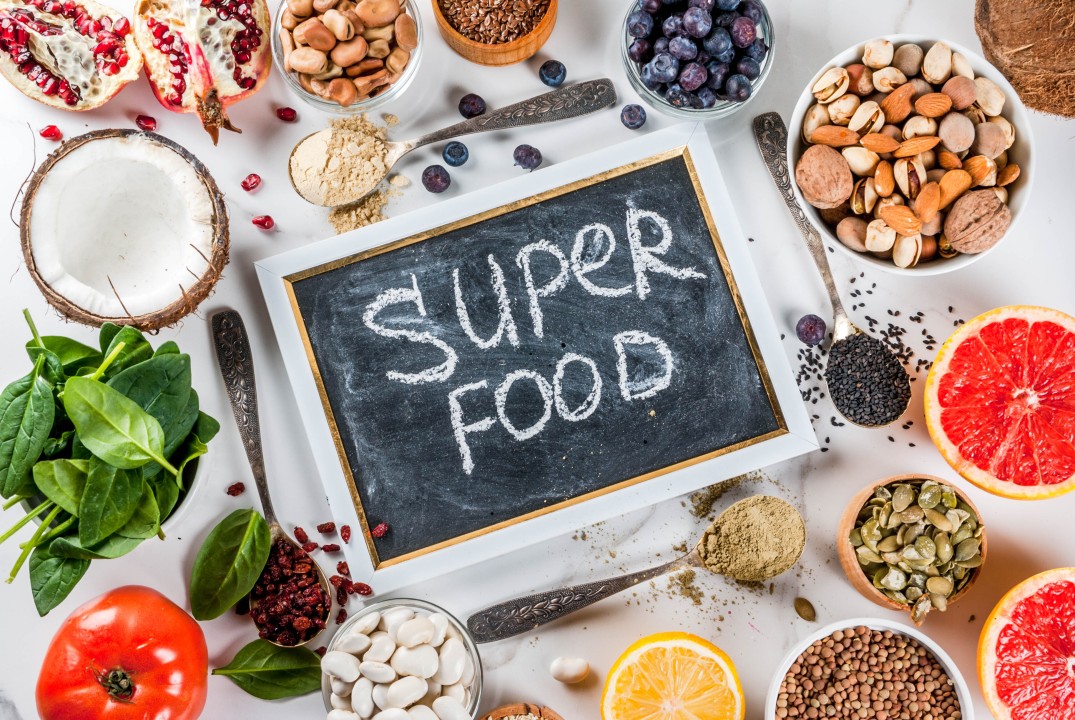Introduction:
In today’s fast-paced and stress-laden world, the importance of relaxation techniques in promoting mental and physical well-being cannot be overstated. Relaxation techniques are powerful tools that allow individuals to calm their minds, reduce stress, and find inner peace amidst the chaos of daily life. In this article, we delve into the world of relaxation techniques, exploring various practices that can help you achieve a state of serenity and improve your overall health.
Understanding the Impact of Stress:
Stress has become an inherent part of modern living, often resulting from work pressure, personal challenges, and the constant demands of technology. When stress becomes chronic, it can lead to a range of physical and psychological issues, including anxiety, depression, insomnia, and a weakened immune system. Relaxation techniques offer an antidote to stress, allowing individuals to manage their reactions and cultivate a sense of tranquility in the midst of chaos.
Mindfulness Meditation:
Mindfulness meditation is a powerful relaxation technique that focuses on being present in the moment without judgment. By bringing attention to your thoughts, feelings, and bodily sensations, mindfulness helps you observe them without getting entangled in their emotional impact. Regular mindfulness practice has been linked to reduced stress, improved focus, increased emotional regulation, and enhanced overall well-being.
Deep Breathing Exercises:
Deep breathing exercises are simple yet effective relaxation techniques that can be practiced anytime, anywhere. By taking slow, deep breaths and focusing on the inhalation and exhalation, you activate the body’s natural relaxation response. Deep breathing helps slow down the heart rate, lower blood pressure, and release tension, making it an excellent tool for managing stress and anxiety.
Progressive Muscle Relaxation:
Progressive Muscle Relaxation (PMR) involves systematically tensing and then relaxing different muscle groups in the body. By consciously releasing muscle tension, you can experience a deep sense of relaxation. PMR can be particularly useful for individuals experiencing physical tension due to stress or those who struggle with falling asleep.
Yoga and Stretching:
Yoga combines physical postures (asanas), breath control (pranayama), and meditation to create a holistic relaxation experience. The gentle stretching and mindful movements in yoga help release muscle tension, improve flexibility, and promote a sense of inner calm. Yoga’s meditative aspect also enhances self-awareness and fosters a connection between the body and mind.
Guided Imagery and Visualization:
Guided imagery and visualization involve using mental images and scenes to evoke a sense of relaxation and peace. By imagining calming and serene environments, you can redirect your focus away from stressors and immerse yourself in a tranquil mental landscape. This technique can help reduce anxiety and induce a state of deep relaxation.
Aromatherapy:
Aromatherapy, the use of essential oils, can also contribute to relaxation. Lavender, chamomile, and eucalyptus oils are popular choices known for their calming properties. By diffusing these oils or using them in massage, individuals can experience a soothing effect on their mood and stress levels.
Finding What Works for You:
Different relaxation techniques resonate with different individuals. It is essential to explore and experiment with various methods to find what works best for you. Regular practice is key to experiencing the full benefits of relaxation techniques, so incorporating them into your daily routine can make a significant difference in your overall well-being.
Conclusion:
In our hectic lives, taking time for relaxation is not just a luxury; it is a necessity for maintaining mental and physical health. Relaxation techniques offer a path to inner peace, reduced stress, and improved overall well-being. Whether through mindfulness meditation, deep breathing exercises, yoga, or guided imagery, these practices empower individuals to find serenity in the midst of life’s challenges. So, let us embrace relaxation techniques as essential tools on our journey to a healthier, happier, and more balanced life.



